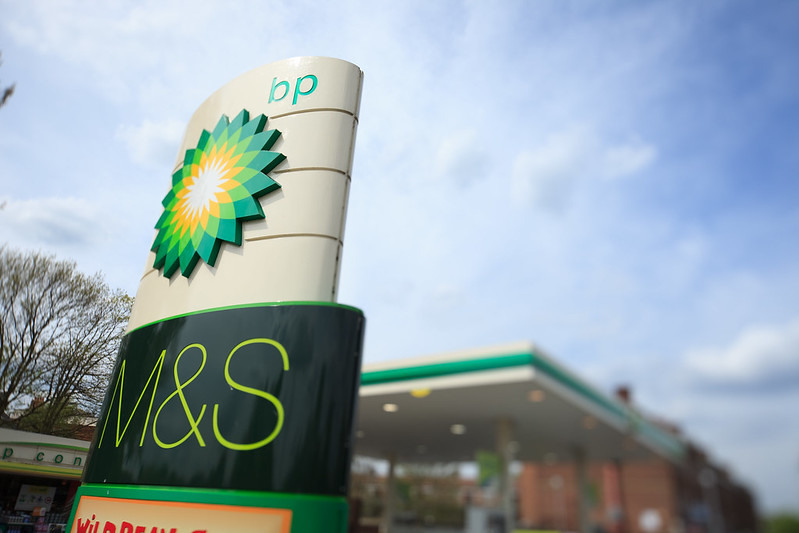BP has announced plans to invest US$500 million (£358.5 million) in low carbon businesses each year as it looks to further embrace the low carbon transition.
The oil and gas giant yesterday reported its 2017 financial performance, highlighting what group chief executive Bob Dudley said was “one of the strongest years in BP’s recent history”.
That performance – a full year underlying profit of US$6.2 billion – allowed the firm, Dudley said, to continue with its five-year strategic plan with “real momentum” and embrace the energy transition, “seeking new opportunities in a changing, lower-carbon world,” he said.
And Lemar McKay, deputy group chief executive, said the firm was on the hunt for further acquisitions in low carbon power and storage as it looks to complement its existing alternative energy division.
Late last year BP signalled its intent with a US$200 million (£148 million) deal to purchase 43% of British solar giant Lightsource, an acquisition which Dudley and McKay both heralded during yesterday’s results disclosure.
BP’s investment plans are proof, if it were needed, of its continuing battle with Shell within the new energy economy. The duo have followed each other into the EV charging and renewable deployment areas of late, and just last week Shell announced more ambitious plans than BP to invest as much as US$2 billion per year in low carbon development.
McKay explained that BP’s investment strategy was to focus on five key areas in which it wishes focus, namely; advanced mobility; bio and low carbon products; carbon management; power and storage, and digital.
Power and storage investments will aim to build on BP’s existing portfolio of 15GW of wind generation and the 6GW it is supporting the development of via Lightsource BP.
Within the digital corner of BP’s investment plan it has ambitions in areas which most other energy companies are currently interested. Digital platforms like blockchain, AI and quantum computing have all been targeted by BP, giving an indication as to where the oil giant sees the energy market shifting.
Electric vehicles, charging and vehicle autonomy are areas of interest within BP’s advanced mobility section, perhaps best evidenced by the company’s recent investment in mobile charging technology provider Freewire.
McKay said that oil and gas firms had an important role to play in the energy transition owing to the fact that these fuel sources account for nearly 60% of total energy use across the world.
That US$500 million annual investment will, however, be managed “with discipline” with each opportunity set to be assessed against its possible returns.






